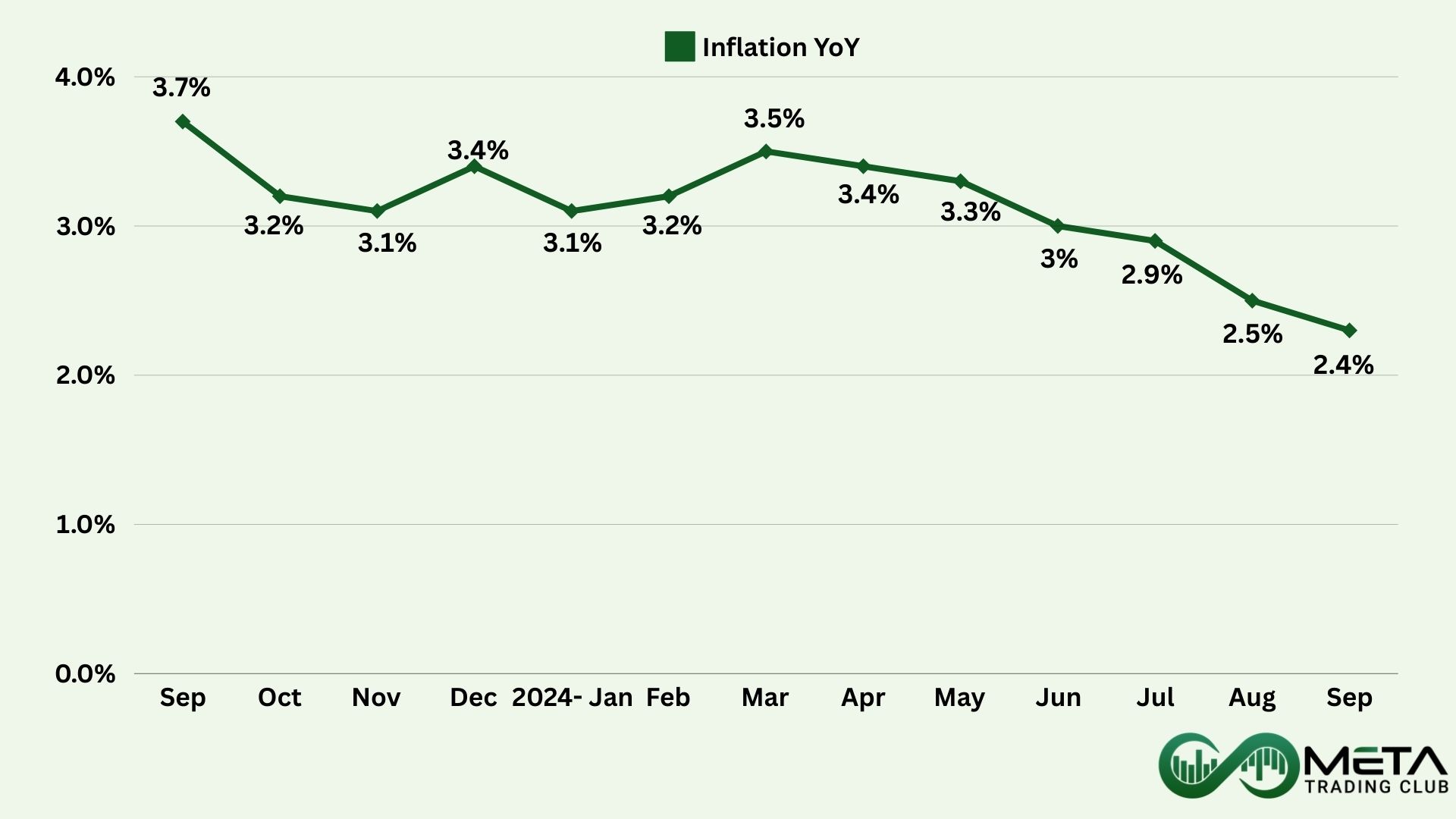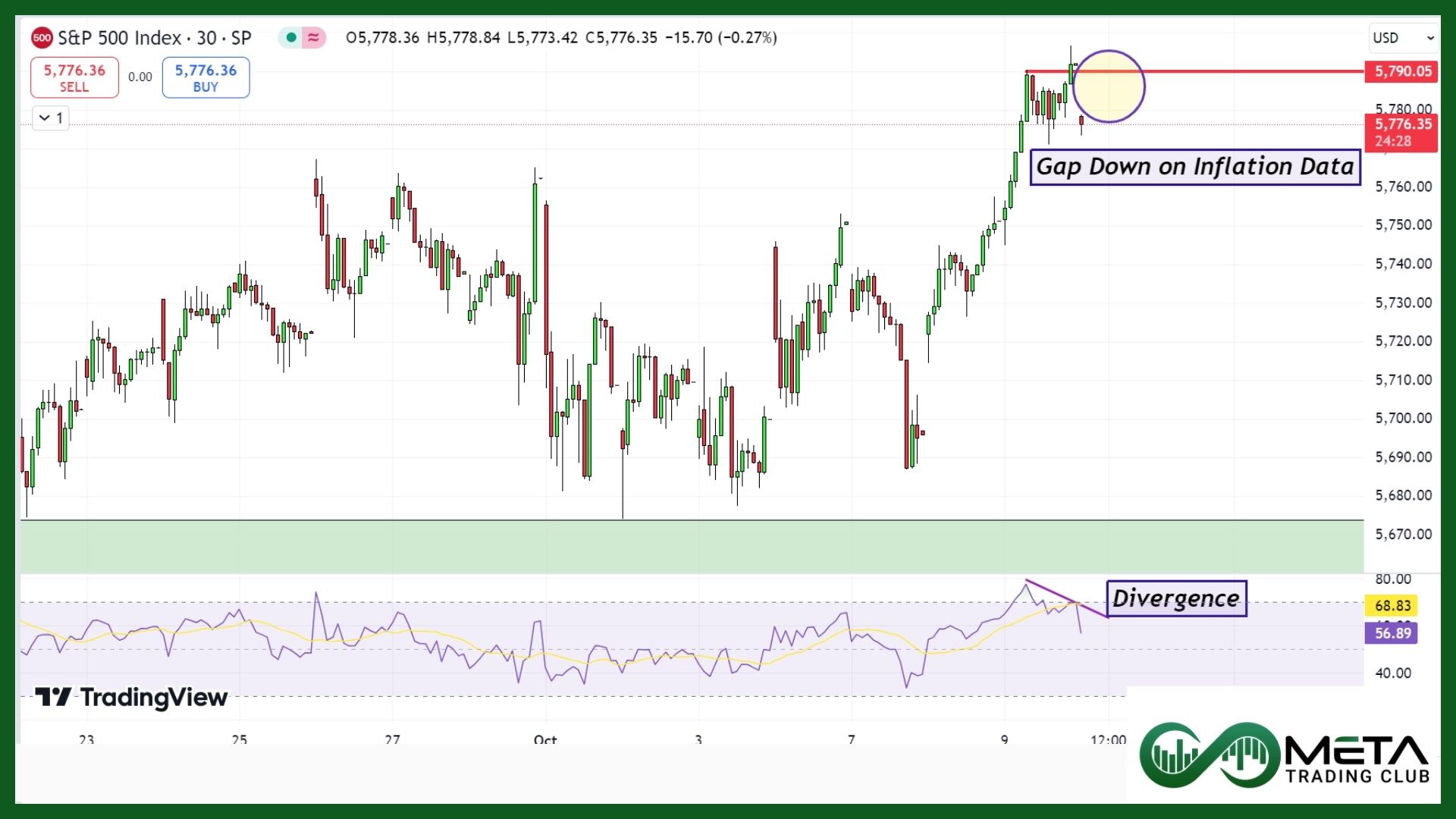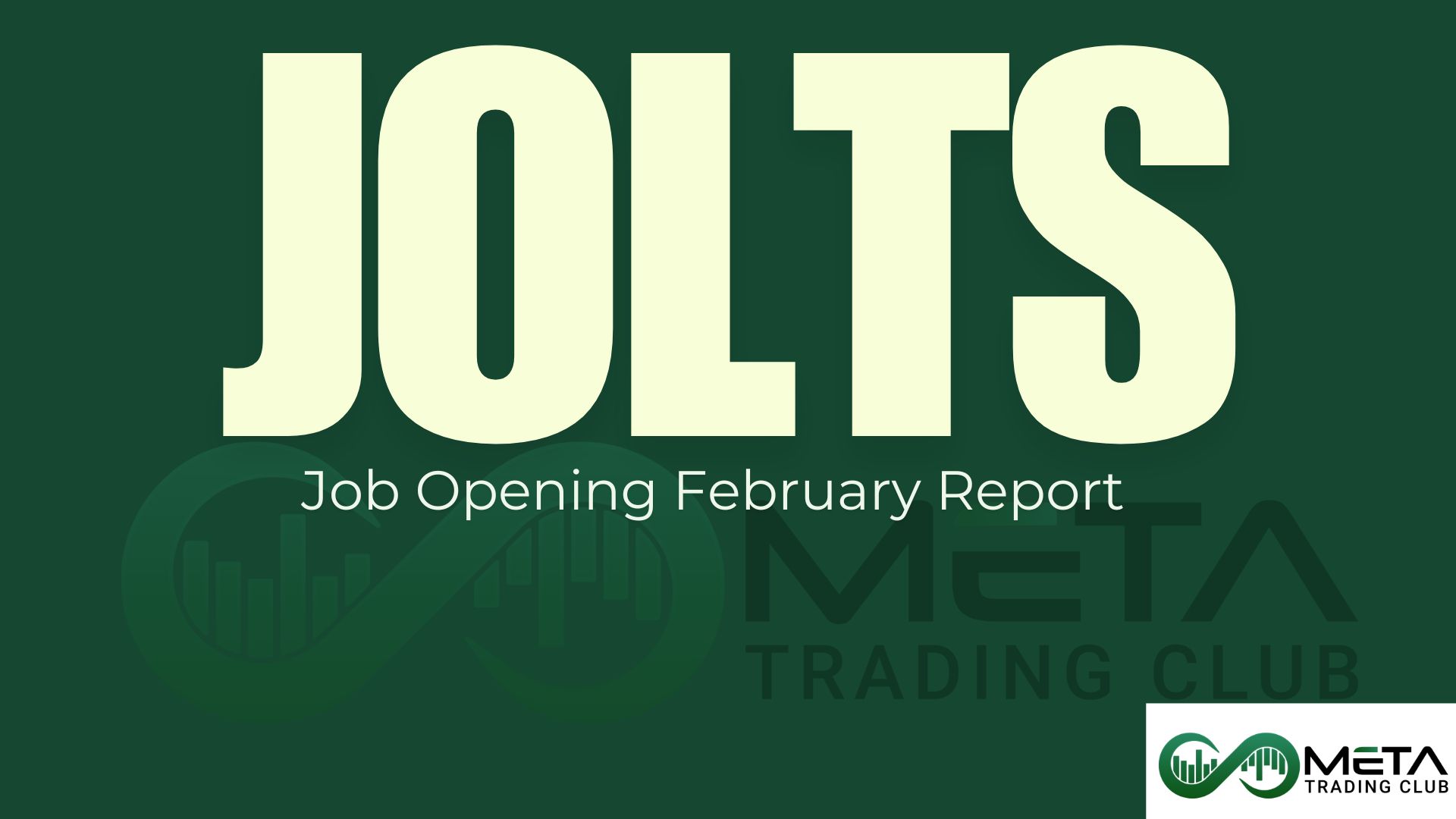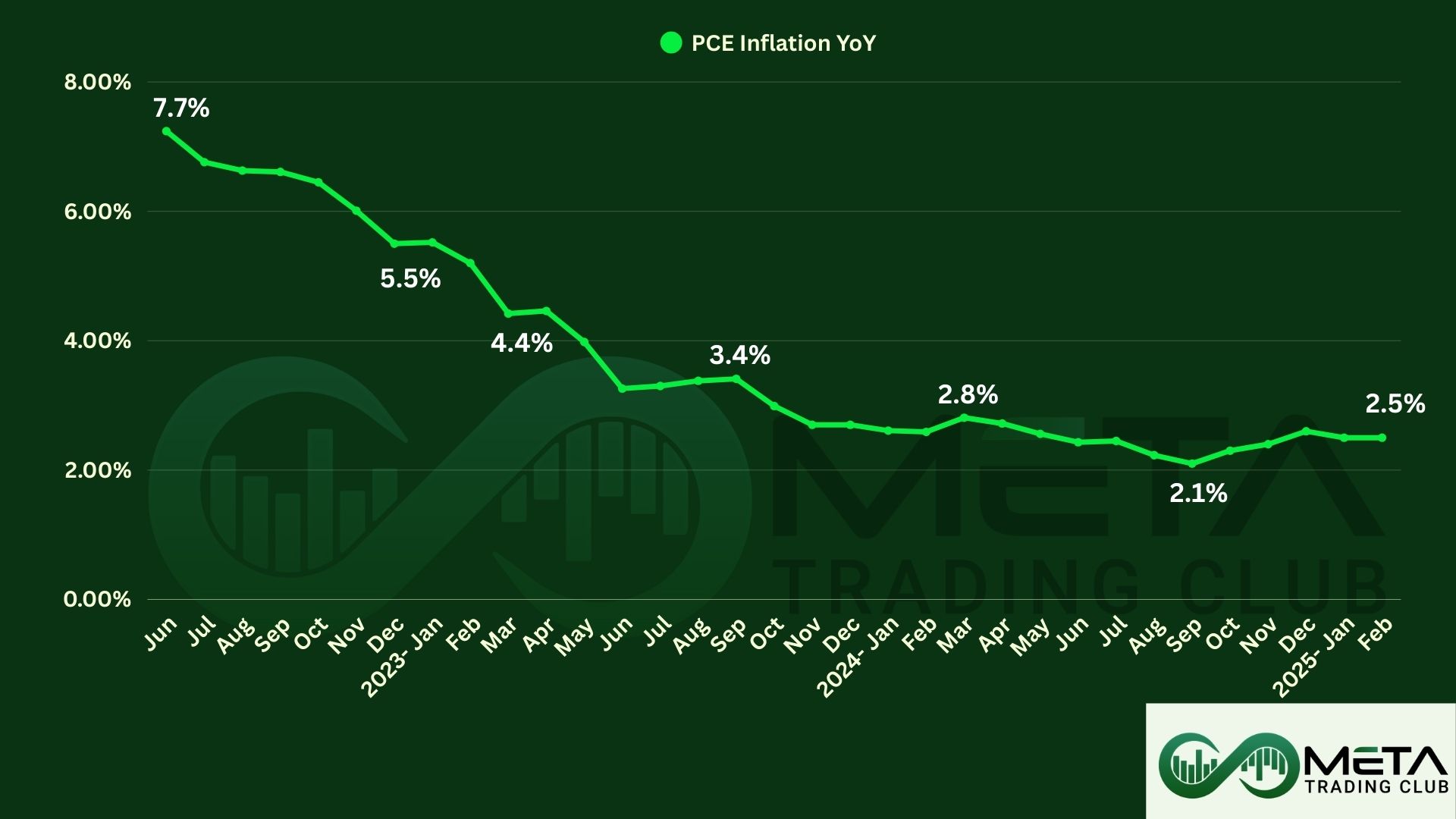CPI inflation refers to the rate at which the general level of prices for goods and services. This inflation measured by the Consumer Price Index (CPI), rises over time. The CPI tracks the cost of a fixed basket of everyday consumer items such as food, housing, clothing, and transportation, representing the spending habits of a typical household. When the CPI increases, it indicates that prices are rising, meaning consumers need to spend more to maintain the same standard of living. CPI inflation is a key indicator of economic health, influencing central bank policies and cost-of-living adjustments.
Inflation September 2024
The Consumer Price Index (CPI) report for September 2024, released by the U.S. Bureau of Labor Statistics, revealed a 0.2% increase in overall prices on a seasonally adjusted basis, maintaining the same growth as in July and August. Over the past 12 months, the CPI rose by 2.4% before seasonal adjustments. The core CPI, which excludes food and energy prices, also saw a 0.3% increase, indicating persistent inflation in sectors like shelter, medical care, and motor vehicle insurance.
All these indicators year over year and month over month inflation and core inflation are above the market expectations.
While headline inflation has moderated due to falling energy prices, core inflation remains elevated, driven by rising costs in essential categories such as shelter and medical care. The Federal Reserve is likely to take note of the persistent core inflation pressures as it weighs future monetary policy decisions. The report underscores the ongoing challenges in fully taming inflation, particularly in non-energy goods and services. For consumers, costs in key living expenses continue to rise, even as relief is seen at the gas pump
Source: BLS report
Key Highlights of Report:
- Shelter: Prices for shelter, the largest contributor, rose significantly, accounting for more than 70% of the increase in the CPI. Rents and the cost of homeowners’ equivalent rent both increased by 0.4%. Over the past year, shelter prices have surged by 7.2%, continuing to exert upward pressure on overall inflation.
- Energy: In contrast, energy prices continued their decline, falling by 0.5% in September. This was driven largely by a sharp decrease in gasoline prices, which fell by 15.3% year-over-year. While natural gas prices also dropped, electricity saw a minor increase.
- Food: Food prices edged up by 0.3% in September, following a 0.2% rise in August. This was driven by increases in the cost of food at home (+0.4%) and food away from home (+0.3%). Notably, prices for fruits and vegetables saw some decline, but overall food inflation remains a key concern.
- Core Inflation: Core inflation, excluding the volatile categories of food and energy, has been a persistent issue. While overall inflation is trending downwards, the core CPI rose by 3.2% over the past year, primarily due to increases in shelter, medical care, and auto insurance costs. This suggests that price pressures in essential services are still robust despite cooling overall inflation.
- Other Categories: Medical care services saw a 0.7% rise, driven largely by higher hospital services and health insurance premiums. Transportation services also continued to increase, as did vehicle insurance, which grew by 1.2% in September.
Impacts of September Inflation Data on Market
The September 2024 inflation data, showing a 2.4% year-over-year increase in the CPI and persistent 3.2% core inflation, is likely to have mixed effects on the market. While falling energy prices provide relief, the stubborn rise in core inflation—particularly in shelter and medical care—may lead to cautious investor sentiment. The Federal Reserve, still focused on controlling inflation, could maintain a hawkish stance, potentially impacting interest rates and bond yields. As a result, stock markets may experience volatility, especially in sectors sensitive to rate hikes, such as real estate and consumer goods.
The report showed core inflation rising more than expected. This could lead to concerns about interest rate hikes, potentially causing a decline in stock prices. As you see below, S&P 500 has gapped down on inflation reports after hitting an all-time high.
Disclaimer:
The views and opinions expressed in the blog posts on this website are those of the respective authors and do not necessarily reflect the official policy or position of Meta Trading Club Inc. The content provided in these blog posts is for informational purposes only and should not be considered as financial advice. Readers are encouraged to conduct their own research and consult with a qualified financial advisor before making any investment decisions. Meta Trading Club Inc shall not be held liable for any losses or damages arising from the use of information presented in the blog posts.















